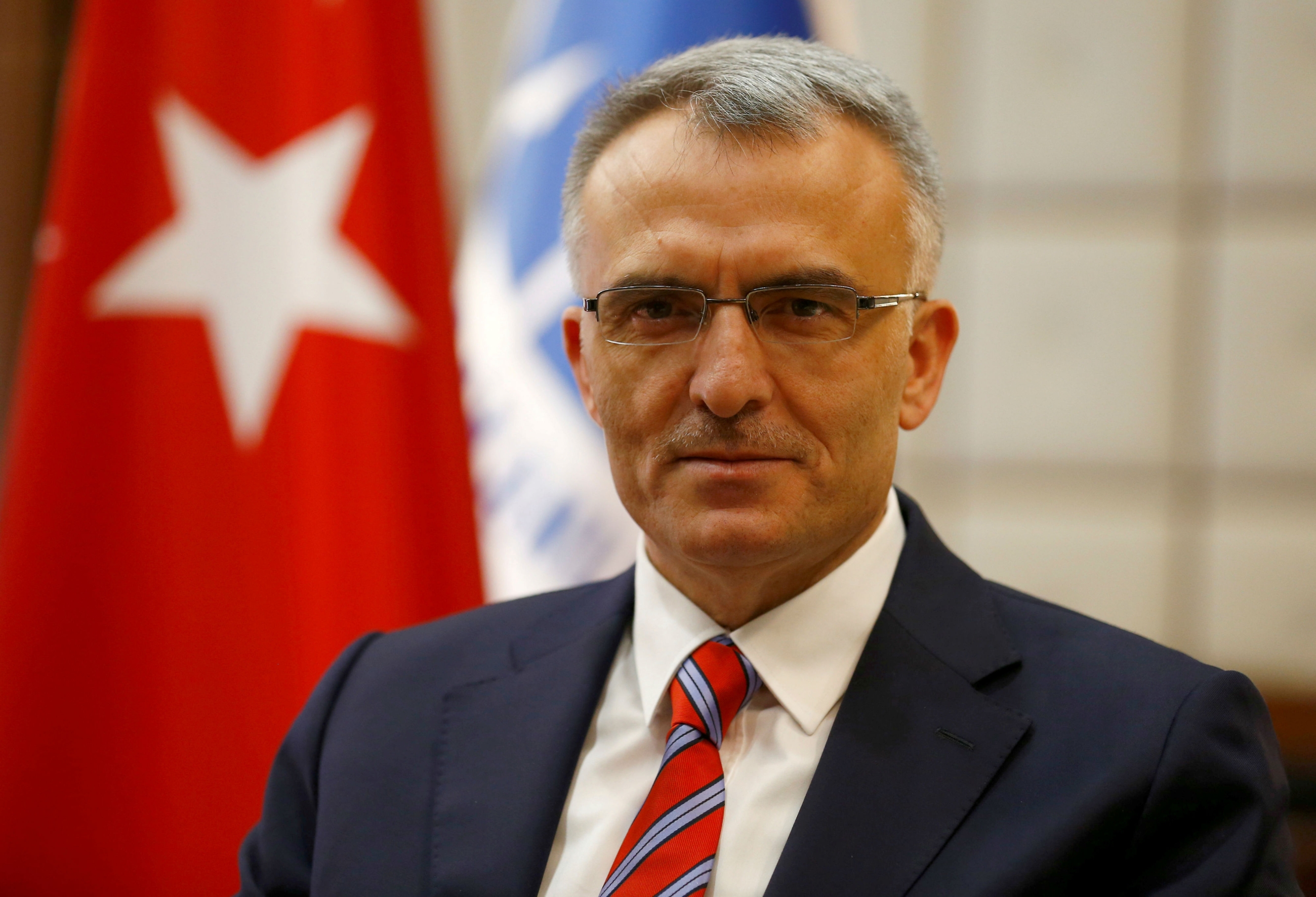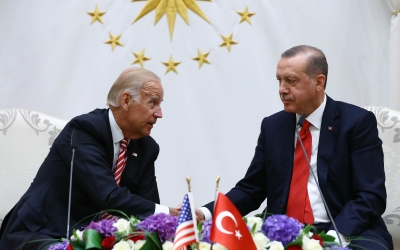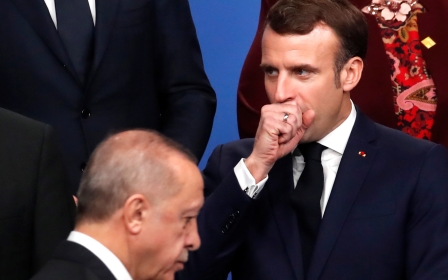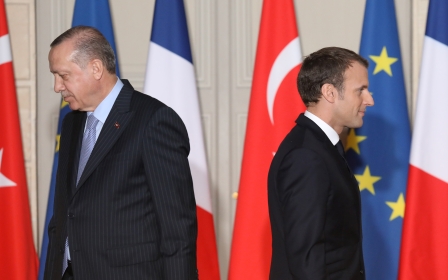Erdogan fires head of Turkish central bank after lira plunge

Turkish President Recep Tayyip Erdogan on Saturday fired central bank governor Murat Uysal and replaced him with ex-finance minister Naci Agbal.
Erdogan took the action after a 30 percent record slump in the value of Turkey's lira against the dollar this year.
Agbal will be the country's fourth central bank governor in five years, and the move is likely to stoke longstanding criticism of political interference in monetary policy.
The presidential decree was announced early on Saturday in Turkey's Official Gazette and gave no explanation for the move.
However, several sources with knowledge of the matter said that Uysal was being held responsible for the plunge in the value of the lira, the worst performing currency this year in emerging markets.
"The rise in the exchange rate really exceeded expectations very rapidly. Some steps were expected to have an impact, but that didn't happen," one senior official said, according to Reuters.
Analysts said that while Agbal is a close Erdogan ally, he is seen as a capable manager who could take a more orthodox approach to policy. That could ease concerns that have driven Turks to snap up hard currencies at record levels.
"Uysal's leadership had been utterly disastrous. Agbal cannot be worse, surely. He had a reputation as a decent technocrat," Timothy Ash at BlueBay Asset Management said on Twitter. "Agbal is actually qualified for the job."
The lira has continued to slide on concerns over the central bank's depleted foreign exchange reserves, negative real rates, monetary independence and the risk of western sanctions over Turkish foreign and defence policies.
Analysts also fear that US-Turkish relations may come under more strain if Democrat Joe Biden defeats President Donald Trump in last Tuesday's closely fought election, where the vote count has not been completed but is tilting Biden's way.
Turkey, a G20 country and the largest economy in the Middle East, roared back from a recession last year on the back of surging domestic lending and state support for the lira - until it was hit hard by the Covid-19 pandemic.
The lira closed at 8.5445 against the dollar on Friday, after touching a record low of 8.58, despite the weakness of the dollar as votes were still being counted in the US election.
A 'difficult test'
Erdogan had appointed then-deputy governor Uysal to head the central bank in July 2019 after sacking predecessor Murat Cetinkaya, saying that the bank had not cut interest rates to boost the economy.
'We will see a stronger central bank governor... [Agbal] will act smart'
- Official from Erdogan's ruling AK Party
Erdogan, a self-described enemy of high interest rates, has repeatedly called for lower borrowing costs.
Last weekend, he said Turkey was fighting an economic war against those squeezing it in "the devil's triangle of interest and exchange rates and inflation".
Agbal was finance minister from 2015 until 2018, when he was appointed to head the directorate of presidential strategy and budget.
An official from Erdogan's ruling AK Party said that Agbal faced a "difficult test" at his new post, but that he was a "strong name" who could help alleviate some of the pressure on the lira.
"We will see a stronger central bank governor," the official said, adding Agbal "will act smart".
He is not seen as someone who would accept political direction, the source added. "It is a difficult post, but steps to stop the rapid rise in the exchange rate must be taken."
Pressure for tighter policy
The lira's slide, couple with inflation stuck near 12 percent, well above the bank's target of around five percent, has ramped up pressure for tighter policy. Last month, the central bank bucked expectations for a big rate increase and held policy steady at 10.25 percent, triggering sharp losses in the lira.
The bank, which also surprised markets a month earlier when it had increased rates, said it would stick with liquidity measures to tighten money supply. It raised the uppermost rate in its corridor, the late liquidity window, to 14.75 percent from 13.25 percent.
Erik Meyersson, a senior economist at Sweden's Handelsbank, said that while Uysal had taken the blame for Turkey's economic woes, it was Erdogan who was "tying" the bank's hands, adding that the post of central bank governor was "mere puppetry".
Opposition parties criticised the move, saying it would strengthen Erdogan's influence and politicise the bank.
"All we were missing was a party-tied central bank, and we got it. The central bank is now the AKP's," said Tahsin Tarhan, a lawmaker with the main opposition Republican People's Party.
Democracy and Progress Party (Deva) Chairman Ali Babacan, a former minister under Erdogan who later founded a rival party, said that Erdogan's executive presidency was responsible for Turkey's economic woes, not the central bank.
"Suddenly removing the central bank governor with a midnight operation and appointing someone else is nothing more than the reflection of poor management," Babacan said. "You cannot run from your responsibilities by replacing a bureaucrat who did nothing except what you said, by putting the blame on him."
Agbal will face his first significant test on 19 November, when the bank's monetary policy committee meets.
"Agbal is a realist. He knows the market dynamics. His feet are on the ground. He must have gotten a promise for some room. He is not a person who is amateur enough to sit at this position otherwise," the senior AKP official said.
Middle East Eye propose une couverture et une analyse indépendantes et incomparables du Moyen-Orient, de l’Afrique du Nord et d’autres régions du monde. Pour en savoir plus sur la reprise de ce contenu et les frais qui s’appliquent, veuillez remplir ce formulaire [en anglais]. Pour en savoir plus sur MEE, cliquez ici [en anglais].






